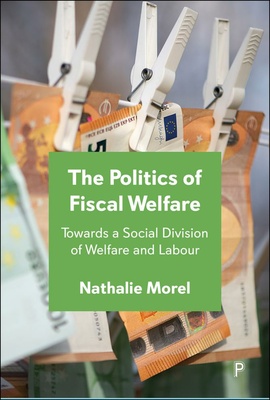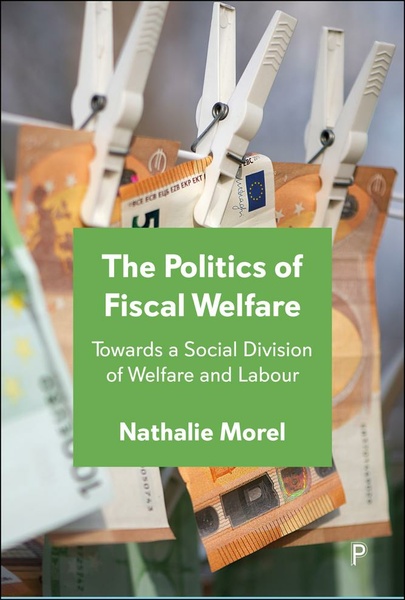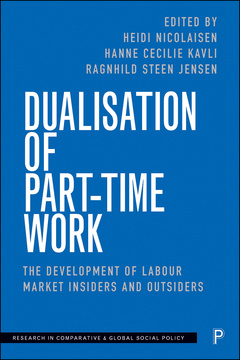Published
Jan 13, 2025Page count
194 pagesISBN
978-1447375074Dimensions
234 x 156 mmImprint
Policy PressPublished
Jan 13, 2025Page count
194 pagesISBN
978-1447375081Dimensions
234 x 156 mmImprint
Policy PressPublished
Jan 13, 2025Page count
194 pagesISBN
978-1447375081Dimensions
234 x 156 mmImprint
Policy PressFiscal welfare (or social tax expenditures) is a policy instrument associated with Liberal welfare states that has been on the rise across many European welfare states.
This book sheds light on the use and effects of fiscal welfare in France and Sweden. Focusing on the introduction of a 50% tax deduction on domiciliary care and household services, it explores the politics behind this scheme, its effects on care provision as well as on labour market dualisation, highlighting how fiscal welfare contributes to structuring both a social division of welfare and a social division of labour.
This ground-breaking book opens a new field of research by exploring fiscal welfare, the political uses of this policy instrument, the patterns of inequalities it gives rise to and its policy feedback effects.
“An outstanding contribution to analyses in the social divisions of welfare and labour, this two-nation study breaks new ground, particularly in the examination of fiscal welfare and tax expenditure. It reveals tax policies driving privatisation in personal services and increasing labour market polarisation.” Adrian Sinfield, University of Edinburgh
Nathalie Morel is Associate Professor of Political Science at Sciences Po.
Introduction
1. What is Fiscal Welfare? Developing a Conceptual Framework for Analysing the Social Division of Work and Welfare
2. The Politics of Fiscal Welfare: The Tax Reduction on Domiciliary Care and Household Services in France and Sweden
3. Towards A Social Division of Welfare
4. Towards A Social Division of Labour
5. Why Do We Do It? The Policy Feedback Effects of Fiscal Welfare
6. Conclusion













